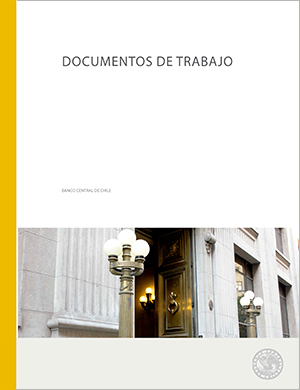Documento de Trabajo N° 1035: Crisis Credit, Employment Protection, Indebtedness, and Risk
Investigación económica
Documento de Trabajo N° 1035: Crisis Credit, Employment Protection, Indebtedness, and Risk
Autor: Federico Huneeus , Joseph Kaboski , Mauricio Larrain , Sergio L. Schmukler , Mario Vera
Descripción
Estudiamos cómo interactúan los programas de garantía de crédito y protección del empleo al ayudar a las empresas durante tiempos de crisis. En particular, analizamos cómo estos programas gubernamentales influyen en la asignación de crédito, el endeudamiento y el riesgo tanto a nivel micro como macro. Los programas brindan diferentes incentivos para las empresas. La baja tasa de interés alienta a las empresas más riesgosas a demandar crédito respaldado por el gobierno, mientras que los bancos tienden a rechazar esas solicitudes de crédito. La demanda de crédito supera esta respuesta de oferta de selección, expandiendo el endeudamiento a nivel micro en los márgenes extensivo e intensivo entre las empresas más riesgosas. La aceptación del programa de empleo no está asociada con el riesgo, ya que las empresas internalizan el costo de oportunidad de operaciones reducidas al enviar trabajadores a casa para calificar para la asistencia. El programa de empleo mitiga la expansión del endeudamiento del programa de crédito al apoyar a las empresas y permitir que los bancos las seleccionen mejor. El riesgo macroeconómico del programa de crédito aumentaría un tercio si no estuviera disponible el programa de empleo.
Documento de Trabajo N° 1035: Crisis Credit, Employment Protection, Indebtedness, and Risk
Recuadros y gráficos

